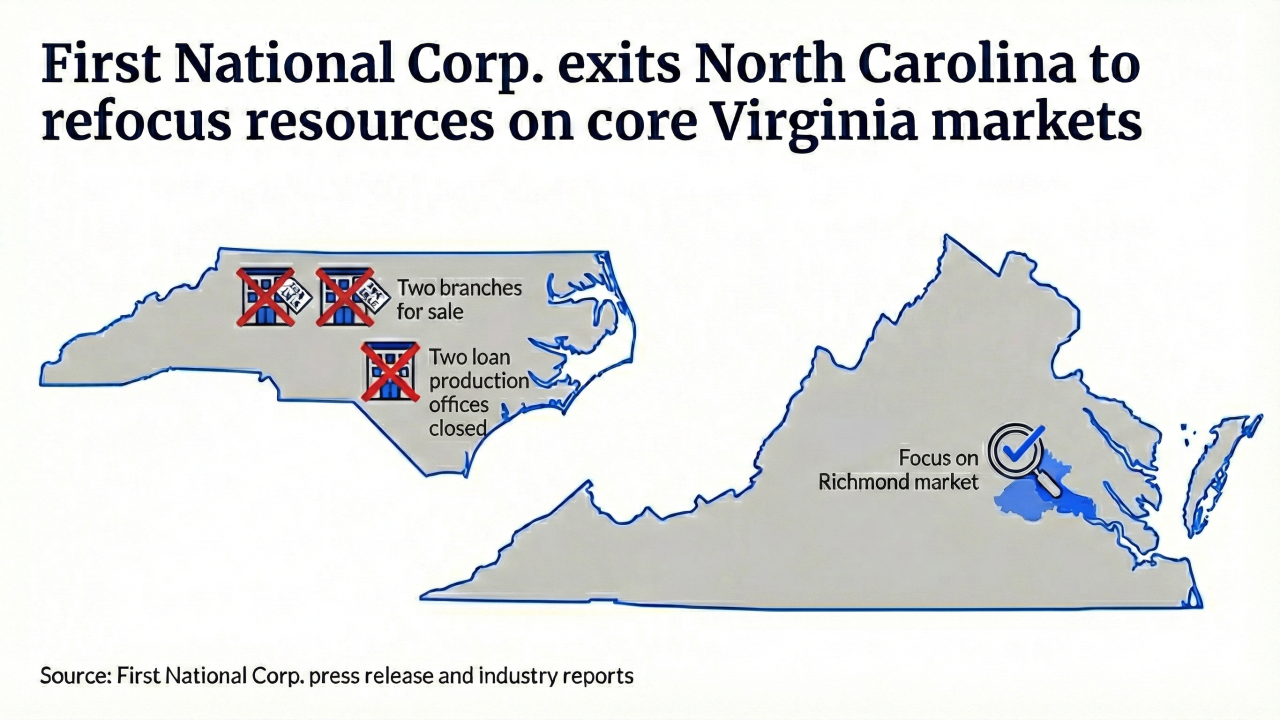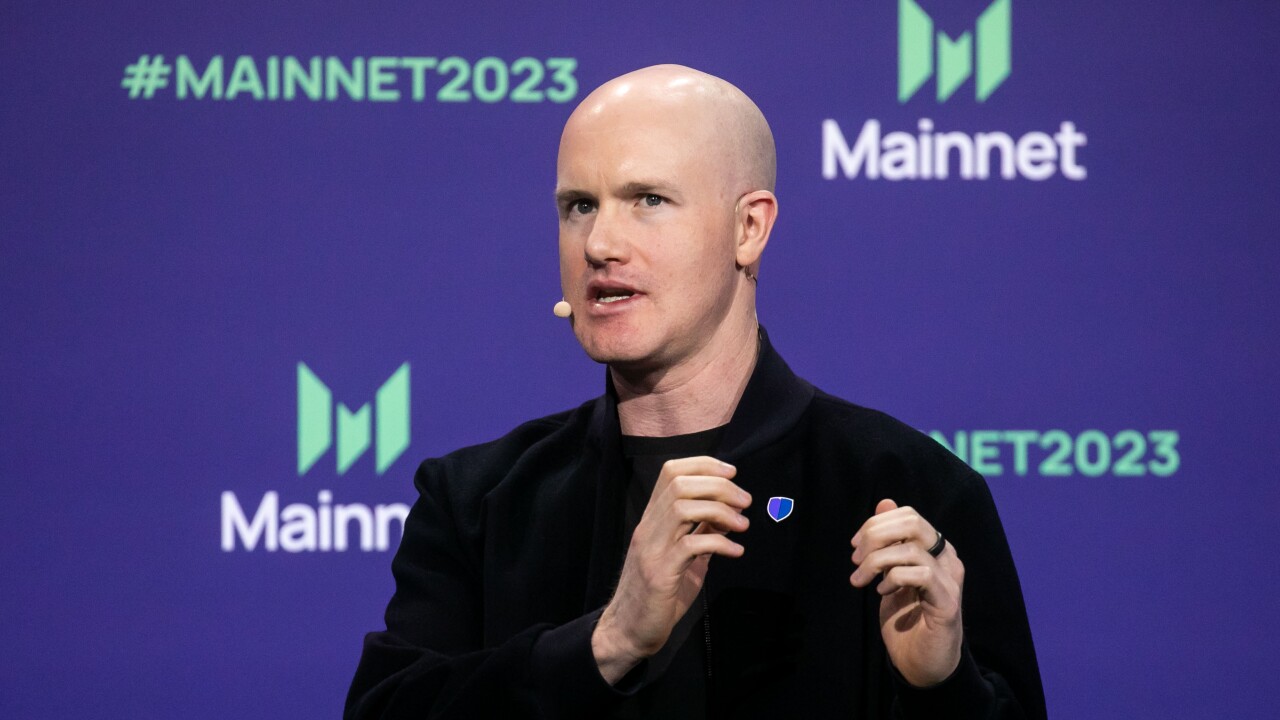Community banks typically welcome investments from other banks, but one small New Jersey bank's bid to buy a nearly 25% stake in a hometown rival has turned out to be anything but friendly.
The $162 million-asset Penn Bancshares Inc. in Pennsville filed an application last month with the Federal Reserve Bank of Philadelphia for permission to buy 24.89% of Harvest Community Bank's outstanding stock.
Executives at Penn Bancshares insist that its investment would be "passive," but Harvest's board and management view the application as the first step toward a hostile takeover. They are encouraging shareholders and customers to send letters urging the Fed to deny the application.
In a news release late last month, Harvest's chairman, Michael A. Williams, said that the bank "intends to vigorously oppose any attempts" by Penn Bancshares "to acquire any substantial portion of the bank's outstanding shares."
Mr. Williams said that he and other investors founded Harvest five years ago because they felt existing banks were not meeting the community's needs. He said Harvest's board "believes that any type of transaction between the bank and its principal competitor in our primary service area would be detrimental to the interest of our customers."
David G. Danielson, the president of the investment banking and consulting firm Danielson & Associates in Rockville, Md., said it is not unusual for bank holding companies to buy stakes in other banks.
Typically, though, such investments are small enough - less than 5% - to be made without Fed approval, Mr. Danielson said.
In a phone interview Thursday, Robert Vanderslice, the president of Penn Bancshares' Pennsville National Bank, said the company had never invested in another bank. He did not say why it is interested in acquiring shares of the $132 million-asset Harvest.
Harvest's concerns are "much ado about nothing," Mr. Vanderslice said. Robert Kafafian, the president and chief executive of the bank consulting firm Kafafian Group Inc. in Parsippany, N.J., said Penn's application is also unusual for the animosity is has aroused.
"I have seen a number of instances where a financial institution has taken a position in another financial institution, but it is usually done on a friendly basis," he said. "It's very unusual to see these things take a hostile form."
Founded in 1969, Pennsville National Bank has the No. 2 deposit share in Salem County, where Pennsville is located. On June 30, 2004, it held a 16.6% share of Salem's $929 million deposit market, according to the Federal Deposit Insurance Corp. Harvest ranked fifth, with an 8.6% share.
Pennsville is more profitable than Harvest. Through the first six months of the year it reported earnings of $869,000 and a return on equity of 17.35%, compared to Harvest's profit of $305,000 and ROE of 5.6%.
Harvest, however, has steadily been gaining deposit share in Salem County since it was founded, largely at the expense of other banks there. Pennsville, for example, held a nearly 18% share five years ago. And Hudson United Bank, of Mahwah, N.J., had 6.84% deposit share in 2000, but now has just 4.4%.
Salem, which is largely agricultural, is one of the few New Jersey counties that is not gaining population. Though the state population grew 3.3% between 2000 and 2004, according to the U.S. Census Bureau, Salem's was virtually unchanged.
Harvest's president and chief executive officer, Dennis Engle, suggested in a news release that Penn Bancshares is threatened by Harvest. "I believe the action being taken by Penn Bancshares is in direct response to the competitive pressures that Pennsville National Bank is facing as a result of our bank's phenomenal growth," he said.





